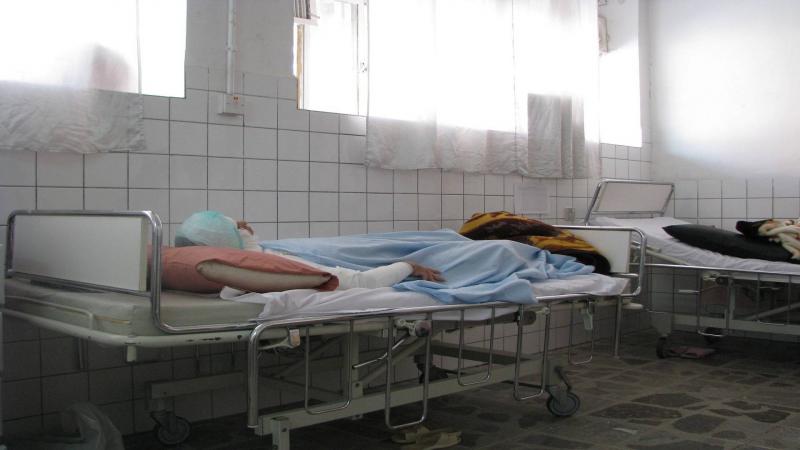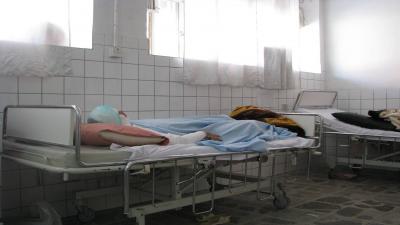The rates of self-immolation attempts among women in the Kurdistan region of Iraq have significantly increased recently. A report by the British newspaper "Telegraph" highlights this phenomenon, noting that the pain from burns is matched by internal suffering fueled by feelings of helplessness and domestic violence. One woman, named Sarwa (29 years old), a mother of two, was described with severely chapped lips and bandages covering her body from head to toe. According to the report, when she arrived at the hospital, the smell of kerosene emanated from her body.
The newspaper quoted nurses stating that Sarwa is the latest victim of the rising suicide phenomenon in the Kurdistan region, which has claimed the lives of thousands of women in recent years, in a "terrifying trend" that experts believe is driven by feelings of helplessness and domestic violence. The head nurse at the burns hospital in Sulaymaniyah, Nigar Marv (52), mentioned that many cases arrive "with burns from head to toe," adding that families, fearing "shame," claim that these incidents are accidents while cooking.
Marv, who has worked at the hospital in northern Iraq for over 20 years, stated that Sarwa arrived in an ambulance with a strong smell of kerosene. She explained: "Women usually soak their clothes in heating and cooking fuel before setting themselves on fire." She added, "This is certainly a suicide attempt; her body was soaked in kerosene, and the burns were much deeper than those from an explosion."
The report indicated that within one week, three cases of women with moderate burns arrived, and sometimes, according to nurses, the majority do not survive more than a few hours after such incidents. The Police Directorate of the Kermian Administration in the Kurdistan region reported on Sunday the suicide of a girl in the district of Kalar, while her brother killed her in the nearby area of Khanqin.
"Telegraph" noted that estimates suggest suicide attempts have claimed the lives of over 11,000 women since the Kurdistan region gained autonomy in 1991, despite the lack of reliable data, as some victims never reached the hospital. This phenomenon is particularly worsening in Sulaymaniyah province, which has the only specialized burns unit in all of Iraq, according to the report, which pointed out that in many cases, women remain trapped in abusive families with no place to turn for support.
The "Telegraph" described this reality by saying: "This is a conservative society where domestic violence remains behind closed doors." The report also mentioned that women marry at a young age through arranged marriages, often in remote mountainous villages, and receive very limited education and healthcare. Data released by the United Nations indicates that women in Iraq face escalating levels of domestic violence, with the rate of gender-based violence rising by 125% between 2020 and 2021, reaching over 22,000 cases.
Experts quoted in the report noted that most suicide attempts are not premeditated. Edinburgh University toxicology professor Michael Edleston explained, "I believe these individuals have reached a point where they can find no other way out. It’s about a way to show people how distressed and vulnerable you are."
A report by "The Monitor" indicated that suicide cases have been rising among Iraqi youth due to the ruling political class's failure to resolve their issues and realize their dreams of a decent and safe life. This was the message from Juna (35 years old), a survivor who agreed to discuss her self-immolation incident, a rare situation. She stated that she acted in June 2023.
The mother of two boys, aged 16 and 12, said, "My husband was calling me very bad names... He didn’t realize what he was doing to me, and I wanted him to understand that and to behave better in the future," adding, "I was not thinking rationally."
In a study published by the International Journal of Psychiatry in 2012, more than two-thirds of the 54 women surveyed at the Sulaymaniyah hospital reported that family and marital problems were the reasons behind their actions. Data from the Sulaymaniyah hospital revealed that nearly one-third of the 4,935 women admitted with burn injuries since 2007 succumbed to their injuries, with the majority (88%) aged between 15 and 45 years.




